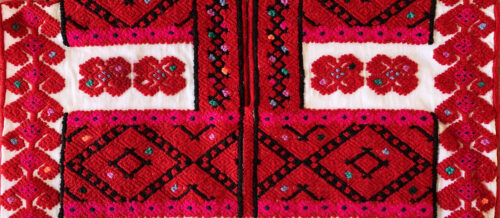Reading Sia Figiel
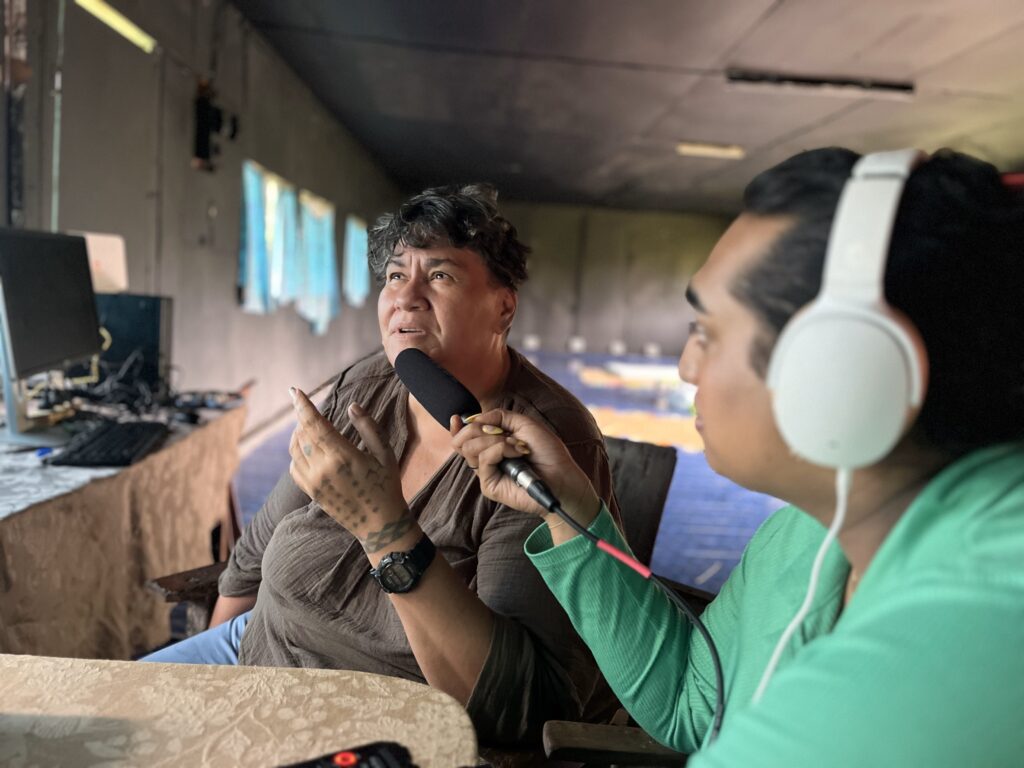
In this unit (to accompany SAPIENS podcast S6E7), students will learn about the significance of Sia Figiel and consider how her writings empower marginalized voices and seek to help girls reclaim their lives. Students will compare the significant themes in Figiel’s works, including gender, power, and culture.
- Evaluate how Sia Figiel’s work challenges existing narratives and empowers marginalized voices.
- Compare the significant themes in Figiel’s writings, including gender, power, culture, identity, sexuality, colonialism, and coming-of-age experiences.
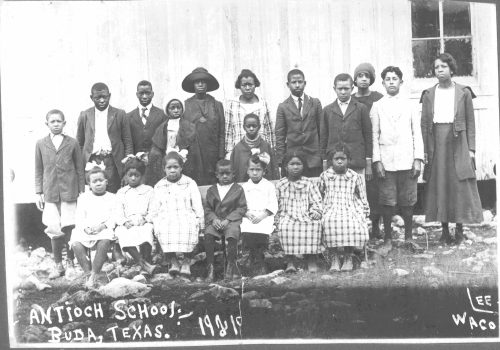
Preserving the Voices of the Antioch Colony

What Is Freedom in a Brazilian Favela?
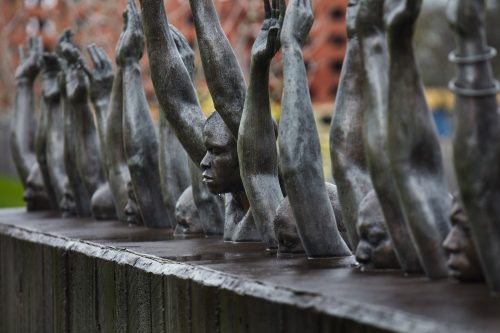
Cómo una confesión forzada dio forma a la historia de una familia
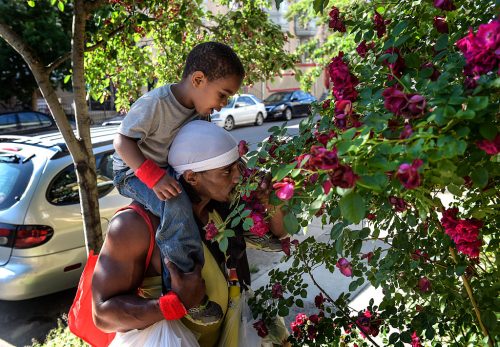
Lo que la antropología del olfato revela sobre la humanidad

Cómo amigos sordos y oyentes navegan el mundo conjuntamente

Lo que la antropología del olfato revela sobre la humanidad

¿Cómo evolucionó la capacidad de creer?
-
A group or person treated as insignificant.
-
(born 1967) An award-winning Samoan novelist, playwright, and poet.
- Figiel is a Samoan novelist, poet, and playwright. She has written several novels, which have been praised for her use of traditional Samoan storytelling techniques. One of her most noteworthy is the 1996 novel Where We Once Belonged, which won the Commonwealth Prize. Discuss how Figiel’s work is a source of empowerment for marginalized girls and women and serves to offer a voice to those often overlooked.
- Figiel’s work provides a glimpse into Polynesian and Samoan life, and her writings often reflect some of her own experiences. Lead students in a discussion about some of the biggest themes she explores, including gender, power, sexuality, identity, colonialism, and coming-of-age experiences.
- Where We Once Belonged serves as a counterbalance to Margaret Mead’s Coming of Age in Samoa because in it Samoa is depicted as a deeply restrictive patriarchal society that is very different from the paradise of unrestricted freedom that Mead portrayed. The novel follows Alofa Filiga, a young girl growing up in the village of Malafou, as she faces the many restrictions of her culture and who works to come to terms with her womanhood. Discuss with students how the novel encompasses coming-of-age experiences and the challenges Alofa faces in claiming her identity.
- While Where We Once Belonged is Figiel’s most well-known novel, she has many other writings that explore Samoan culture. Lead a discussion about some of these.
-
Abubakar, Sadiya. 2018. “The Samoan Side: How Sia Figiel Debunks Orientalism in Where We Once Belonged.” International Journal of Asia-Pacific Studies 14 (2): 105–120.
-
Arnett, Jeffrey Jensen. 2007. “The Long and Leisurely Route: Coming of Age in Europe Today.” Current History 106 (698): 130–136.
-
Borzekowski, Dina. 2006. “Adolescents’ Use of the Internet: A Controversial, Coming-of-Age Resource.” Adolescence Medicine Clinic 17 (1): 205–216.
- How does Figiel’s work give voice to marginalized girls and women?
- In what ways do society and culture inhibit marginalized people?
- How does your society and culture empower marginalized voices? What can be done to improve this?
- What is the difference between gender and sex?
- How are coming-of-age experiences related to sexuality?
- What are the significant themes in Figiel’s work? What does each mean, and why is it important?
- Take five minutes to note a few things about yourself and your identity. As you think about these pieces of your identity, consider how they fit into all aspects of you as a person and throughout your life. In three to five pages, reflect on your identity characteristics and how they define you as a person in the culture of which you are a part. Consider the themes from Figiel’s writings and how identity is developed through culture as you write your response.
- Choose three poems from the collection Girl in the Moon Circle by Figiel and identify the different aspects of culture in each poem. Write an essay comparing the various cultural elements and discuss the importance of each one in terms of identity.
- With a partner, evaluate one of Figiel’s writings and demonstrate how her work provides a voice and empowers those in marginalized groups. Use examples from the chosen writing and other sources to support your response.
- Think about your own experience of becoming an adult. Write an essay discussing it as it relates to the major themes that emerge in Figiel’s work (e.g., identity, gender, power).
- Watch “An Exploration of Coming of Age Rituals and Rites of Passage in a Modern Era” in Additional Resources and create your own coming-of-age ritual. Be sure to include all elements from the video, including the life skills you would test, the character traits you would instill, and the wisdom you would share. How will you end your ritual?
-
Book: Sia Figiel’s Freelove
-
Book: Sia Figiel’s The Girl in the Moon Circle
-
Book: Sia Figiel’s They Who Do Not Grieve
-
Book: Sia Figiel’s Where We Once Belonged
-
Film: Kimberlee Bassford’s I of the Water
-
Video: Ron Fritz’s TEDx Talk “An Exploration of Coming of Age Rituals and Rites of Passage in a Modern Era”
Chelsea Wheeler, Freedom Learning Group
Intercultural Understanding

